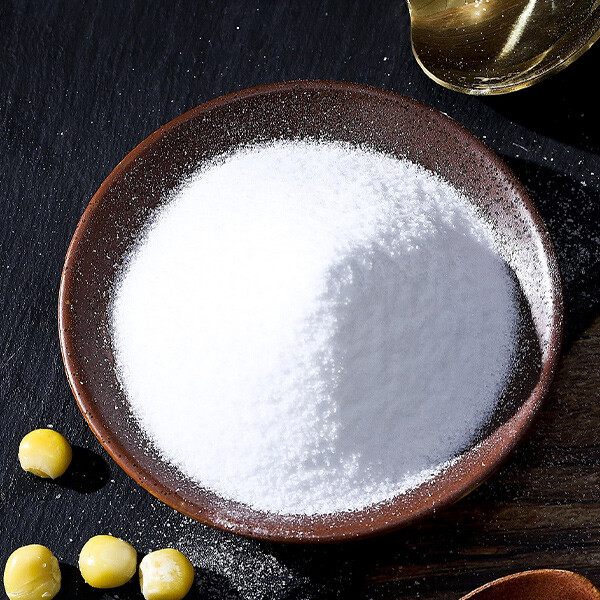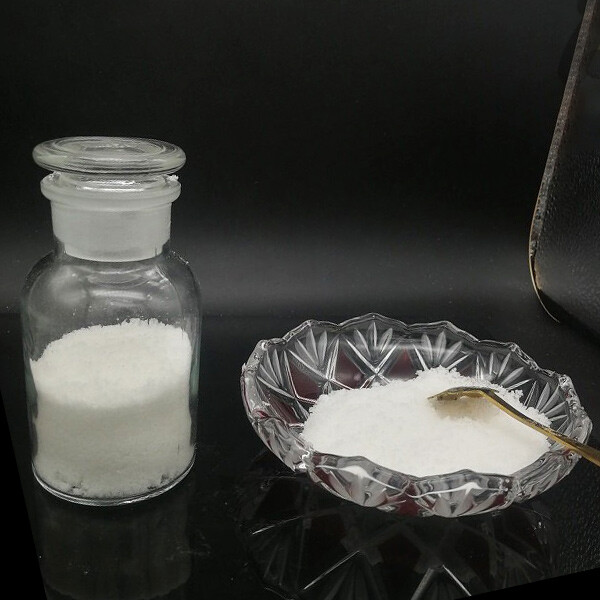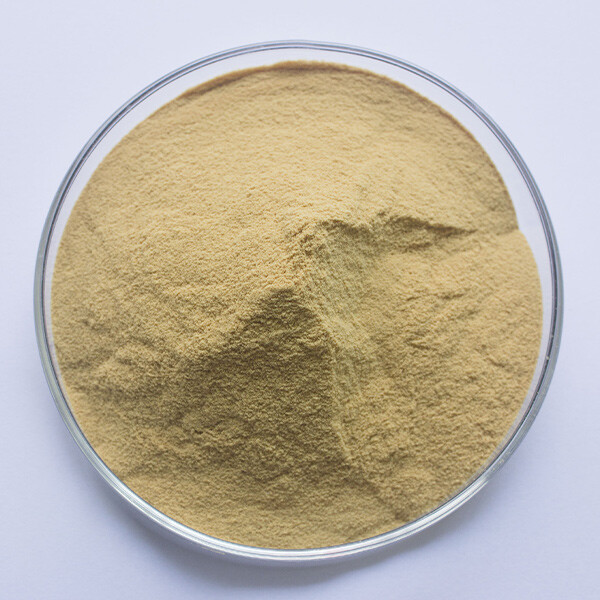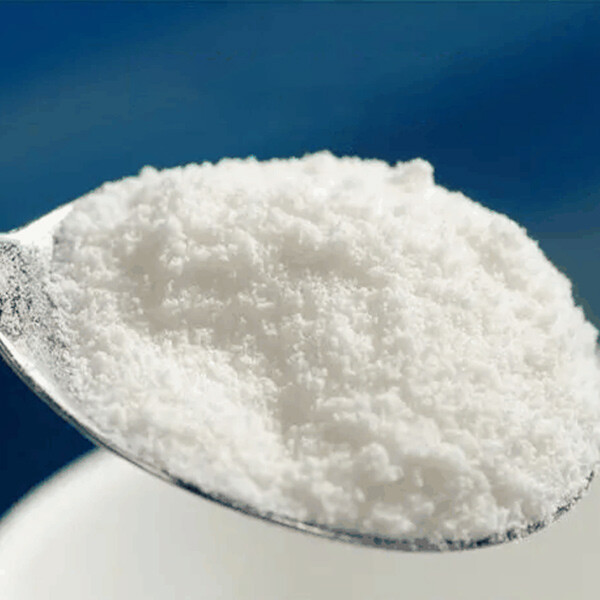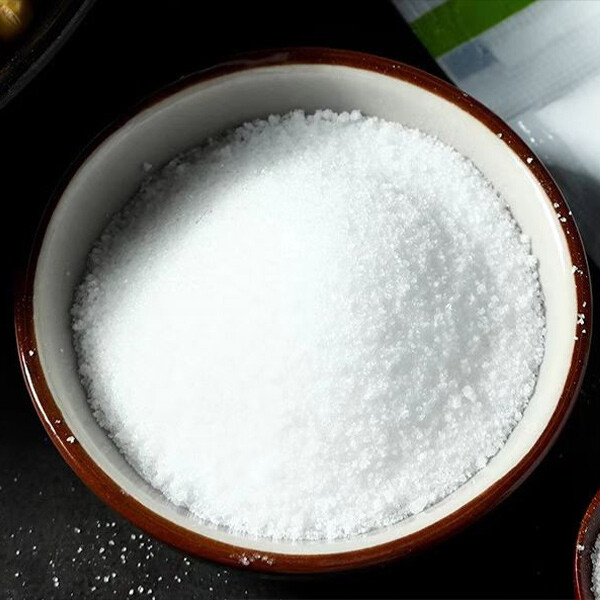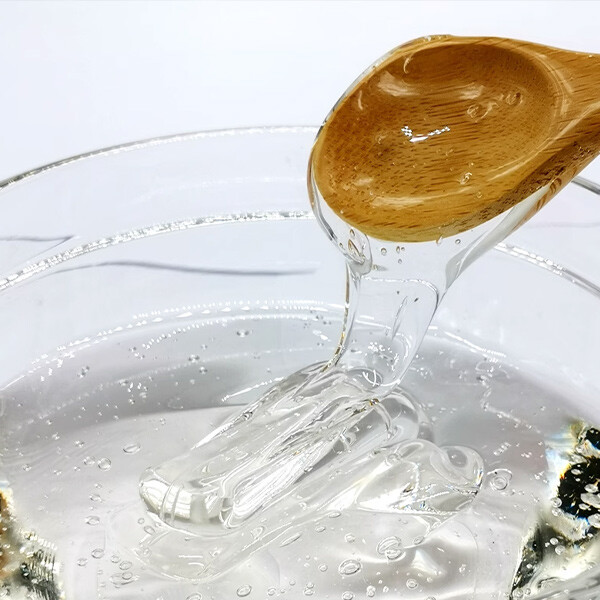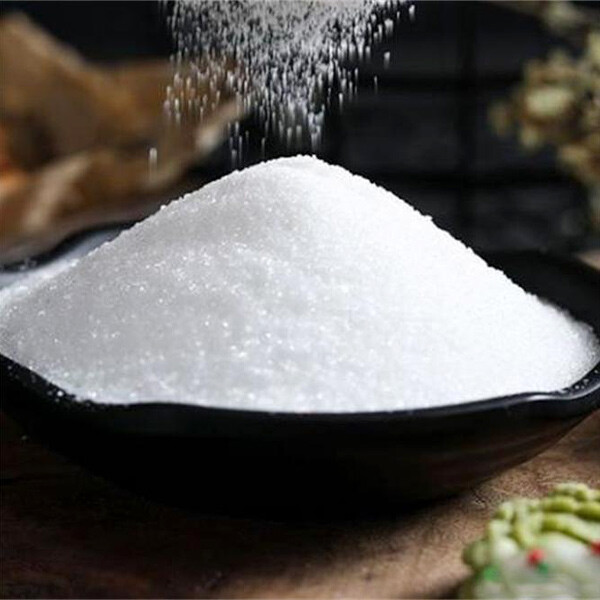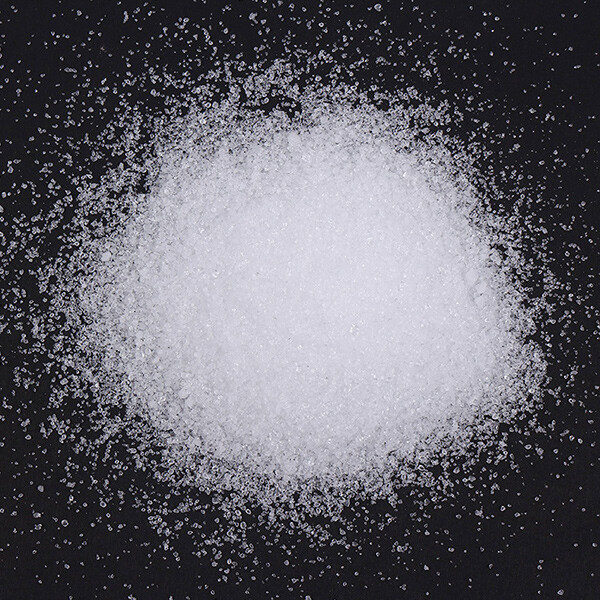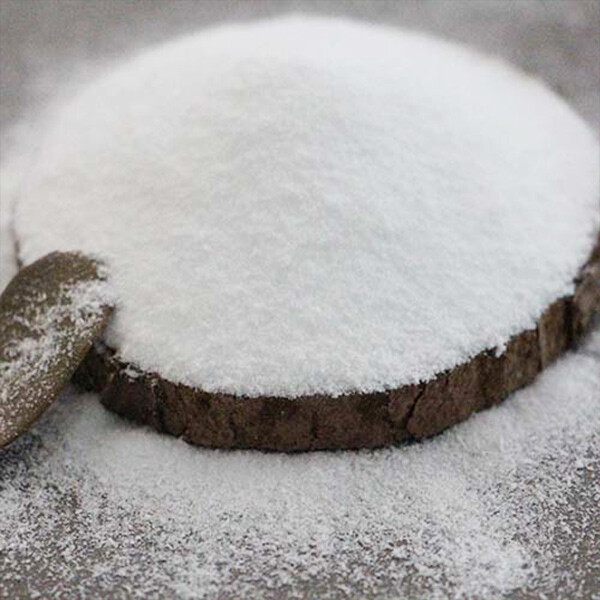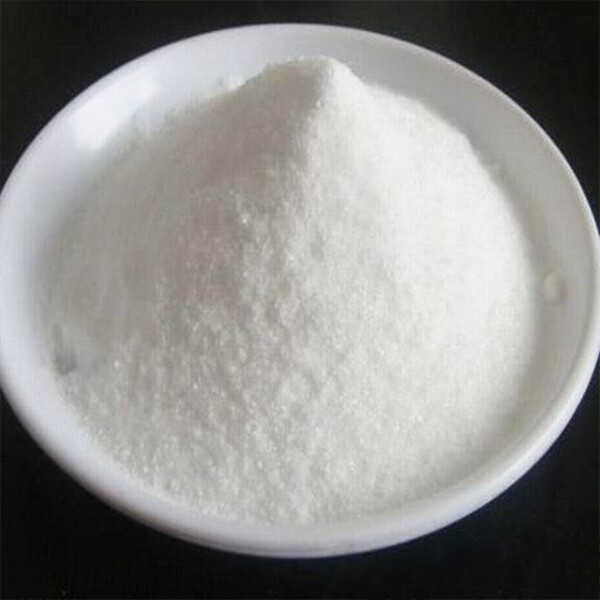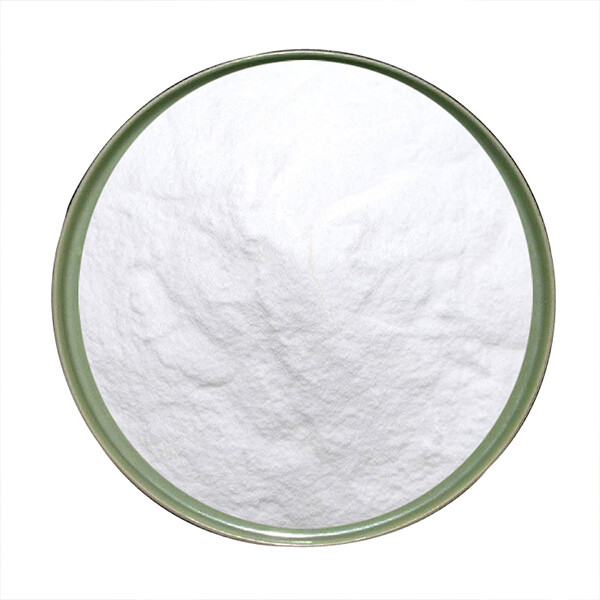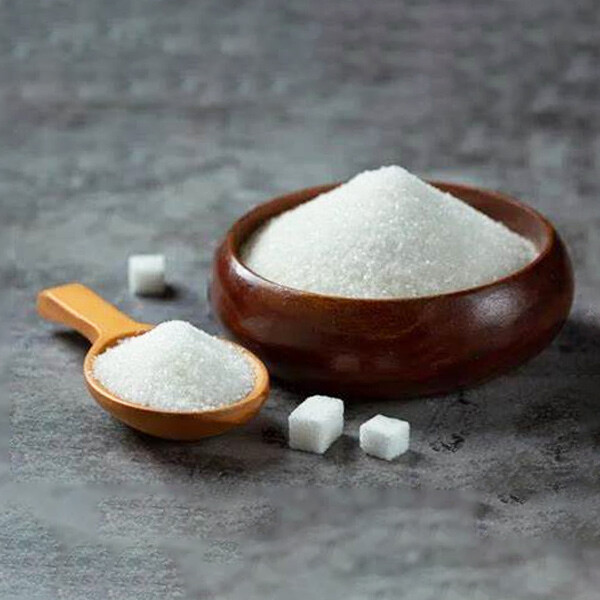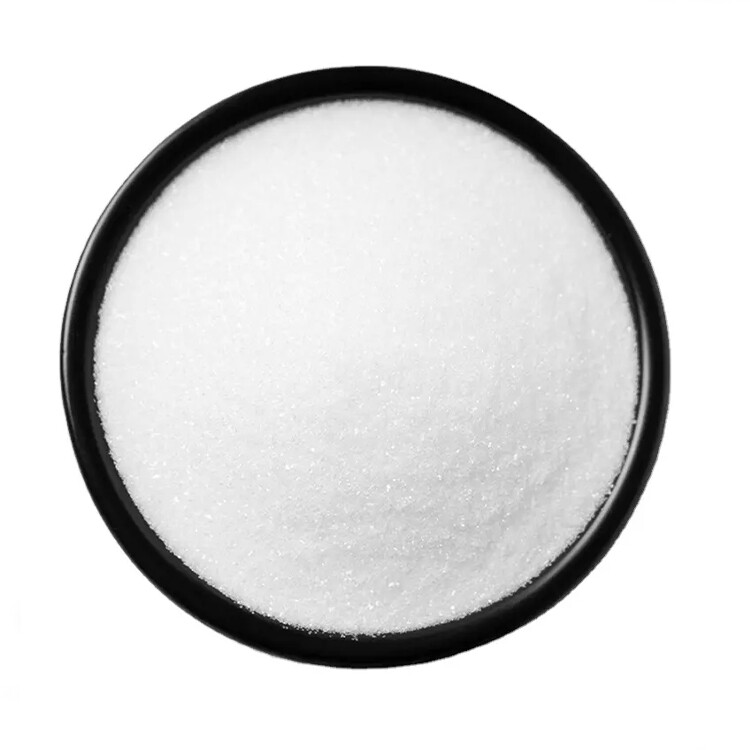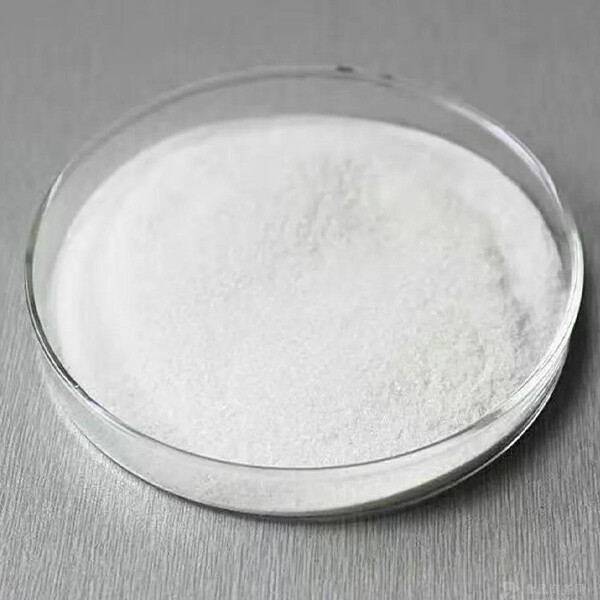
PRODUCTS
PRODUCTS
Product Details
PRODUCT DESCRIPTION
Psicose (English: Psicose) is classified as a hexose and a ketose, and is the diastereomer corresponding to the carbon number 3 of D-fructose. IUPAC name is (3R,4R,5R)-1,3,4,5,6-pentahydroxyhexan-2-one. It is mainly prepared by enzyme fixation conversion method, that is, the enzyme is cloned and expressed, separated and purified, and then fixed by an appropriate carrier for conversion.
Psicose is used for adult diseases with high blood sugar levels, and plays an important role in preventing adult diseases and maintaining appropriate blood sugar levels.
Psicose is a six-carbon rare ketose with almost zero calories. D-psicose 3-diastereomerase (CCDPEase) was fused with sesame oil body protein, and insoluble protein was heterologously expressed in E. coli. The inclusion body protein was further mixed with triglycerides and phospholipids to construct artificial oil bodies (AOBs). In AOBs, the lipophilic part of Oleosin oil protein is embedded in the triglyceride core region, and the CCDPEase enzyme protein is fused with the AOBs arm composed of amphiphilic molecules and displayed on the surface of AOBs. When the CCDPEase target enzyme protein molecule is fused and fixed, it exerts its biotransformation function through natural folding.
PRODUCT USAGE
Medicine
D-psicose is a hexose with very low content in nature and is a diastereomer of the C-3 position of D-fructose. D-psicose is difficult to digest and absorb and provides almost no energy for life activities. Therefore, it is a very useful low-calorie sweetener. In the field of medicine and health, D-psicose can inhibit lipoprotein enzymes and intestinal α-glucosidase, thereby reducing the accumulation of fat in the body and inhibiting the rise of blood sugar concentration.
Food
In the field of food applications, D-psicose has the advantages of high sweetness, good solubility, low calories and low blood sugar response, and is considered to be one of the most ideal sucrose substitutes. Adding D-psicose to food can not only improve its gelling degree, but also react with food protein to improve its flavor. Compared with D-fructose and D-glucose, D-psicose can generate more antioxidant Maillard reaction products and maintain the antioxidant level of food for a longer time.
Plants
Rare sugars such as allulose not only have an effect on animals, but studies have shown that it also has a great impact on plants.
Online Consultation
Related Suggestion
Get in Touch
*We respect your confidentiality and all information are protected.
